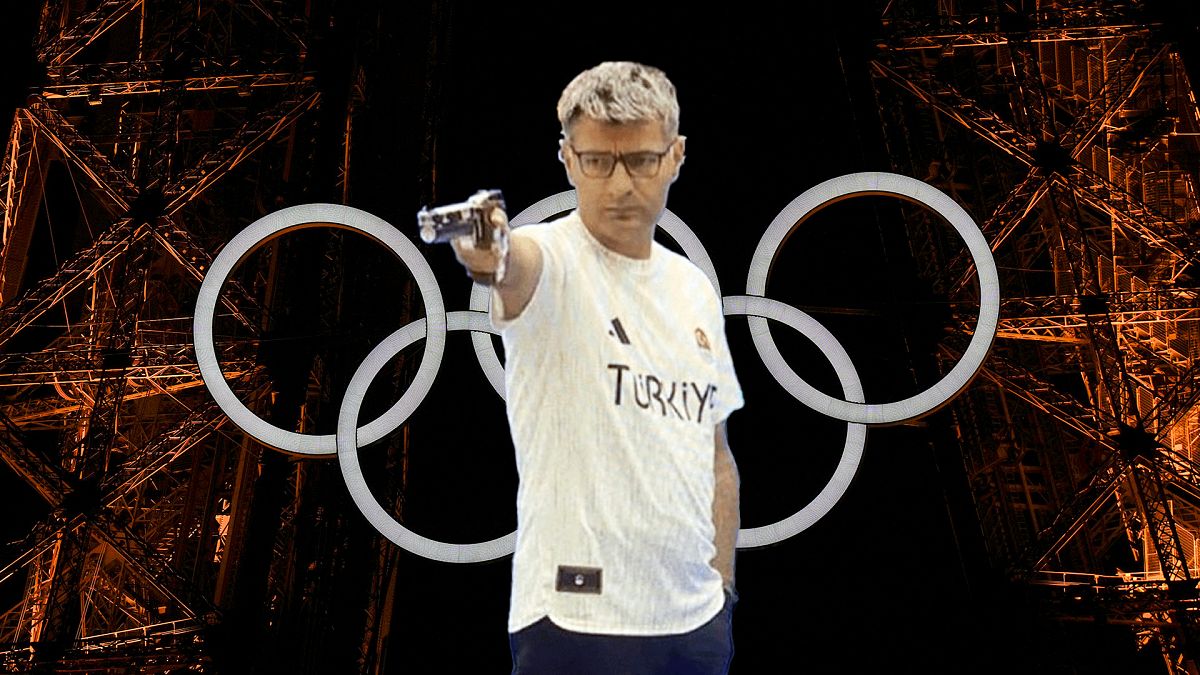johnola
Vedran Corluka
One political body. Question why is it France, Spain Germany and the like and not the EU?Why is it still Great Britain in the Olympics? Why not Ingerlund and Wales and the likes?
One political body. Question why is it France, Spain Germany and the like and not the EU?Why is it still Great Britain in the Olympics? Why not Ingerlund and Wales and the likes?
One political body. Question why is it France, Spain Germany and the like and not the EU?
How underwhelming has the Olympics been? But to be honest, I have not taken much interest since 'that' men's 100 meter final when it eventuated that all 8 finalist were drug cheats
It's been great! Lots of incredible athletes, fantastic moments, disappointment, great venues etc. Everything you want from top level sports.How underwhelming has the Olympics been? But to be honest, I have not taken much interest since 'that' men's 100 meter final when it eventuated that all 8 finalist were drug cheats
Wait you mean the 100m final at this Olympics? Not seen anything about any of the runners being cheats. I think it’s been a great Olympics personally even if GB haven’t won as many golds as we have at previous games.
We're 7th if you rank medals by population.So Norway have gotten three gold medals today, better than the rest of the Olympics combined. Could still get a couple of bronze medals as well apparently. Ingebrigtsen smashed his opponents on the 5000m, great run.
Now this is the stuff we love.....'dude roles into town with a gun'......

Who is the Olympic shooting sensation taking the internet by storm?
With his run-of-the-mill prescription glasses and nonchalant pose, Turkish Olympic shooter and Paris 2024 silver medalist Yusuf Dikeç has been propelled to viral stardom.www.euronews.com
Lewis has all but been wiped from the history books, once the poster boy, now barely acknowledged.Seoul Men's 100 meter final. All of the finalists were found to be drug cheats. Carl Lewis will claim he was not found guilty, but that was only because the US authorities did funny buggers with his sample. They're all on the juice so its all a bit of my favourite buttplug as far as I am concerned.
Lewis has all but been wiped from the history books, once the poster boy, now barely acknowledged.
The USA are very quick to point at the eastern European countries doping, never any mention of that almost all of their stars from that time have since been if caught red handed have had very spurious claims of innocence.
I assume this is tongue in cheek?
Wales isn't a country and hasn't been since 1200s. And despite what the Brexit gammons spouted all these other countries retain their individual sovereignty.
????Lewis has all but been wiped from the history books, once the poster boy, now barely acknowledged.
The USA are very quick to point at the eastern European countries doping, never any mention of that almost all of their stars from that time have since been if caught red handed have had very spurious claims of innocence.
The same drugs tests that lance Armstrong continually passed, the ones that seldom caught the Eastern Europeans, those drug tests?????
Since when was Lewis wiped from the history books? There were 3 tests that showed traces of ephedrine in very low concentrations, but the levels where less than half of what would be counted as a positive test TODAY! And the substance was available over the counter in various weight reduction pills, and the levels found in the test were consistent of taking such products.
Random testing wasn't introduced until 1988. The Armstrong case is totally different, as that was a cover up operation and extortion on an unpresidented level.The same drugs tests that lance Armstrong continually passed, the ones that seldom caught the Eastern Europeans, those drug tests?
Armstrong never failed a test, most of the GDR never failed tests, it was whistle blowers and the release of documents after the fall of Wall that convicted them.
When conversations about Olympic greats are held Lewis often hazed over, even the American athletics body have admitted that there were irregularities in that period.

Not less stringent. Transparent, unlike that corrupt Russian IBA, who have provided the square root of feck all evidence of those tests.This dispute meant the IOC was responsible for running the boxing competition at the Paris Olympics, as it was in Tokyo. It applies less stringent eligibility criteria.
Not less stringent. Transparent, unlike that corrupt Russian IBA, who have provided the square root of feck all evidence of those tests.
How underwhelming has the Olympics been? But to be honest, I have not taken much interest since 'that' men's 100 meter final when it eventuated that all 8 finalist were drug cheats
We use essential cookies to make this site work, and optional cookies to enhance your experience.
